Interview: Kilashandra -Celtic Music Isn’t Just a Genre It’s A Passion -By: Liam Sweeny
Written by Staff on February 6, 2023
One music that never fails to soothe me is Celtic music. I can just feel the stress and the tension of the day wash off, and something crisp and green take its place. It is always welcome, and in turn always welcoming, and there’s a heaviness and a frivolity that can dance with each other.
Kilashandra is not a strictly Celtic band. They are a Celtic-inspired jam band, and while my questions center around the Celtic part, I hope you will see the band as they will show you below. Maybe we can get them to jam.
I sat with Mark Emanatian, Eileen Markland, Chris Gil and Tom Dolan of Kilashandra and we discussed the rarity of four-leaf clovers.
RRX: Celtic music is instantly recognizable, and it makes people feel a certain way, like a gentle breeze on a hilltop of rolling grass, or the bow of a ship destined for the promise of the New World. So the sound is unmistakable. Do you think Celtic lyrics, if read without the music, would be unmistakable as Celtic? Why or why not?
ME: I think the deep rivers of Irish literature, poetry, storytelling and history would make Celtic lyrics unmistakably Irish.
RRX: The music of Ireland is a tradition that goes back centuries, and listening to Celtic music, you can hear themes that, though timeless, did originate in a time. But it wasn’t just Ireland, was it? How much of Celtic music comes from Ireland, and how much from Irish immigration to America? MARK: All music is transformed as it intersects with new places and new experiences.
EM: Vocalist Chris Gil has an interesting story. I’m all about those stories. But his was an impromptu chance to sing at the Pepsi Arena, and a standing ovation. If that doesn’t tell a person they got something, right? So something started shit right there, something inside, a switch from a private thing to a public pursuit. Tell us about it, will
CG: It was an honor and a thrill to sing the National Anthem at the Pepsi Arena and receive a standing ovation. I put the same energy into my singing whether it’s to a full crowd or 1 person in the back of a pub. It’s all about connecting with the audience.
But I really like singing and playing with this band Kilashandra. Mark Emanatian writes some great songs and is a master guitar player. Eileen Markland is a force of nature. Tom Dolan holds us together. We really connect with each other and we let the audience in on it too.
I’m looking forward to some big gigs we have coming up: opening for the Young Dubliners at the Colonial Theater in Pittsfield and the Watertown Irish Festival. And of course, we’ll be hitting the pubs from the Berkshires to the Catskills to the Adirondacks.
Come see us at a big show or a pub, I love singing to people
RRX: Eileen Markland is a Berklee trained composer and arranger, with a universe of talent with different instruments, having played with more folks than can fit in a small club with the tables removed. One thing I read was that you work with music for visual media. How does playing for visual media differ from playing for the crowd?
ME: Harmony is the reason I wake up each morning and endless melodies accompany every activity and quiet moment throughout my day. Composition is the only place in life where I experience true freedom. I can create and mix any scenario I’m craving or feeling by crafting a series of chords, melodies and vocal/ instrumental combinations which then have the potential to perfectly express what I need, if I get it right. Yes, I can tell you what I’m feeling in words, but a musical description is three dimensional, even four dimensional! Composition (and improvisation), for me, is the deep exploration and expression of the state of my soul.
Live performance is a unifying, raw experience that creates a shared sense of community and, really, nothing less than pure love between the people performing and those watching and listening. It’s a social experience with both tangible qualities, such as dollars earned and new friends made, and intangible qualities such as relieved anxiety and the lessening of feelings of loneliness. I deeply believe that live music has been and always will be one of the staples to a peaceful society on a worldwide scale. For me, personally, my best friends are the musicians in my life. The music we create together and the real bonds that come with this ride keep me happy and sane in all corners of my life.
RRX: Mark Emanatian, you come from a background I’m very aware of; the blues. Coming to Celtic from blues, and going back again, must be an interesting experience. It seems that they are very different music with different conventions and origins, different historical contexts, and so on. What is the common thread that unites them?
ME: First off, they come from a deeply emotional story…and tough histories of people oppressed…the music arises from that…and the music has several similar qualities based around major and minor pentatonics…you can hear a lot of the crossover in bluegrass music that was influenced by both of these musical rivers.
RRX: Improvisation is my favorite quality in music. If my brain wasn’t so blues-soaked, I would’ve hopped on to the jazz train and would still be a passenger. Tom Dolan, you are an improviser. In Celtic music, is improvisation the same as it is in jazz, or is it more structured? Is there phrasing that you have in Celtic music that you base on?
ME: There is not a lot of bass in traditional Irish music. Often uilleann pipes are used for drone or acoustic guitar or bouzouki are used in place of the bass to add harmony and movement to songs and tunes. Irish music does not generally use chromaticism or altered and extended chords. So, there is not much similarity between improvising in Irish music and jazz. However, there is modal playing, and the use of pedal tones in common and that is useful for improvising in both genres. And listening to each other. Listening helps. It is using intensity, volume, rhythmic variations to push the tempo to move the song along, hopefully to greater heights, or down to support the lyrics. I have been playing in bands with Mark for 50 years. We have a good understanding of what each other might play. Mark and I have played with Eileen in various groupings for over ten years. Chris is an inventive rhythm guitar, acting as a catalyst, often playing bodhran rhythms, propelling the songs forward. We have a shared vocabulary that allows us to have a conversation on stage. Sometimes full group improvisation can break out. But above all the playing must support the song.
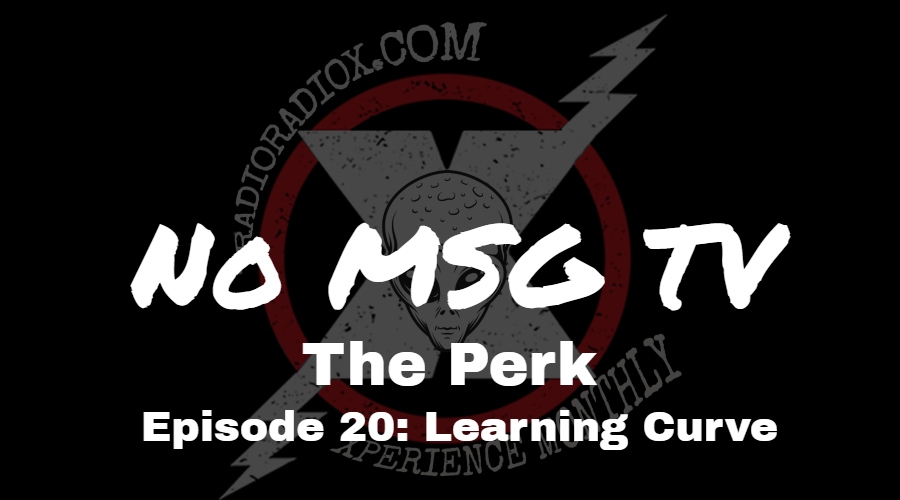
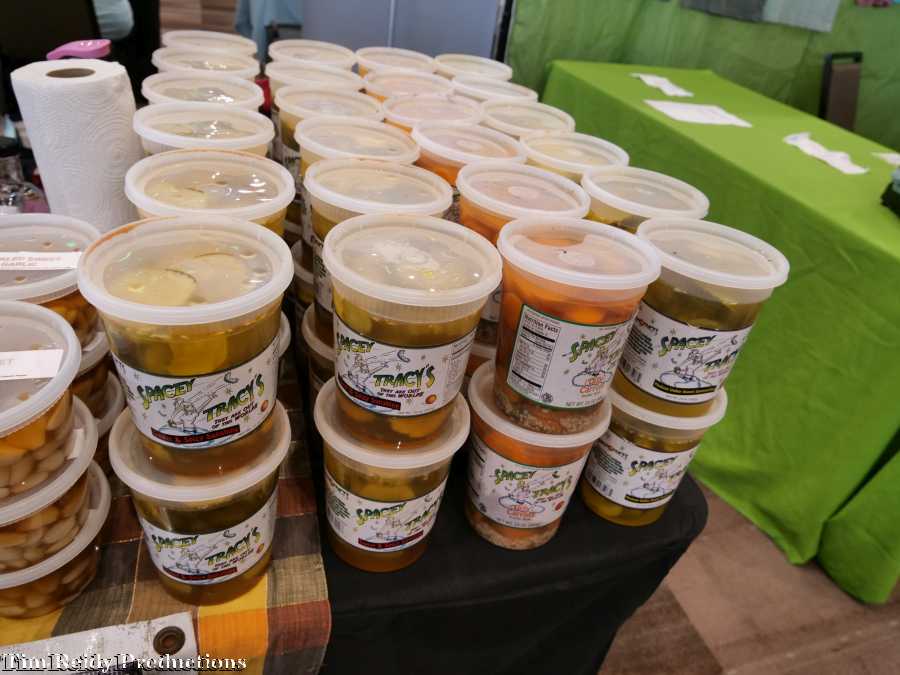
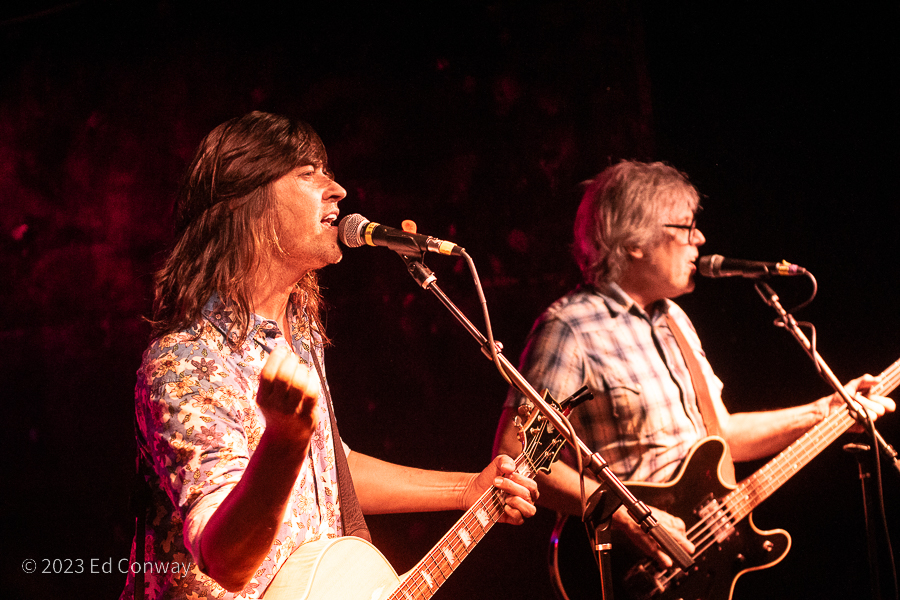
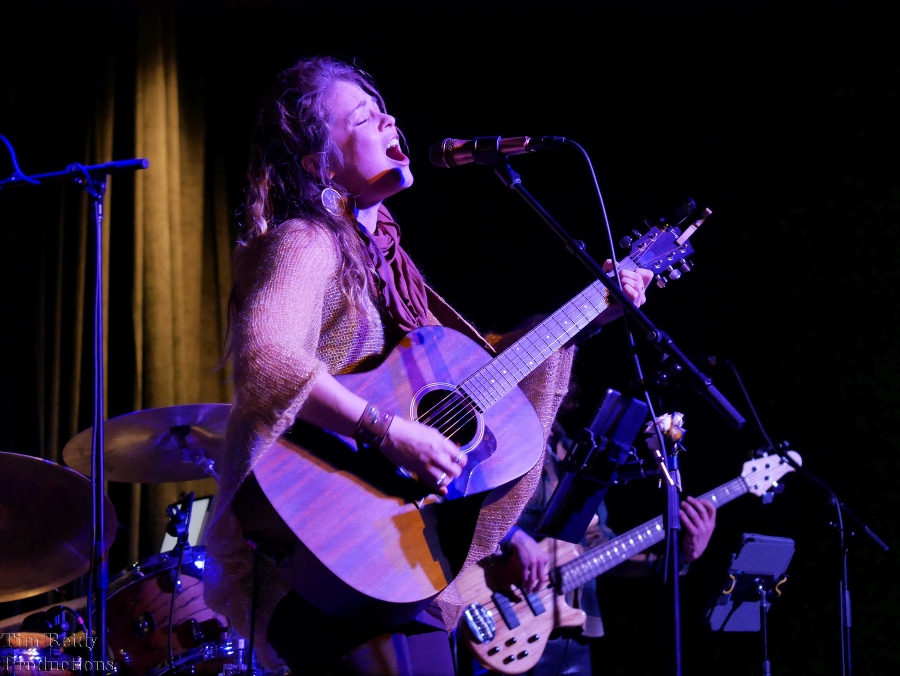
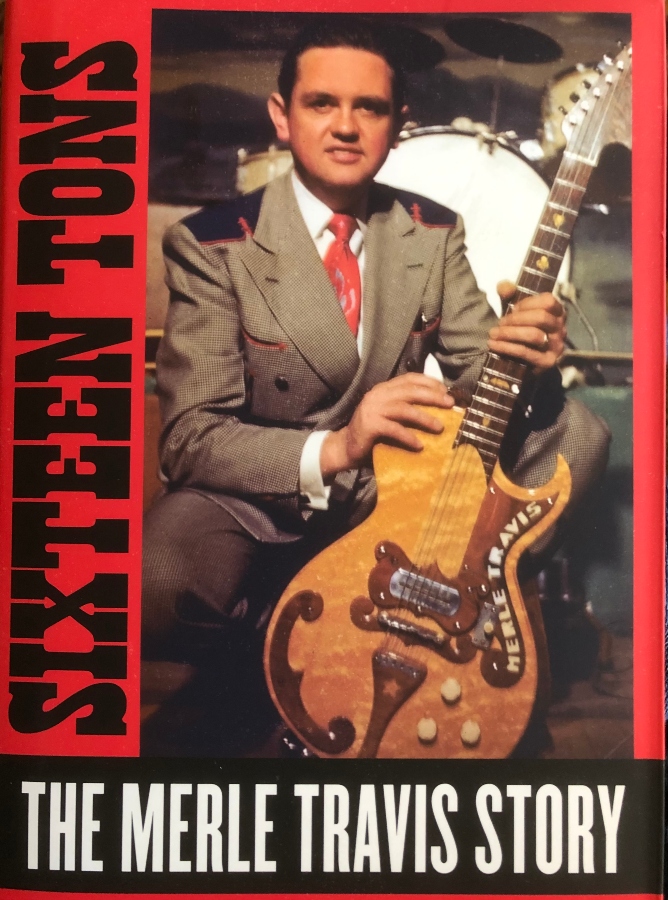
 RadioRadioX
RadioRadioX